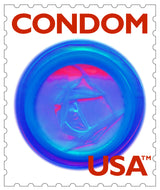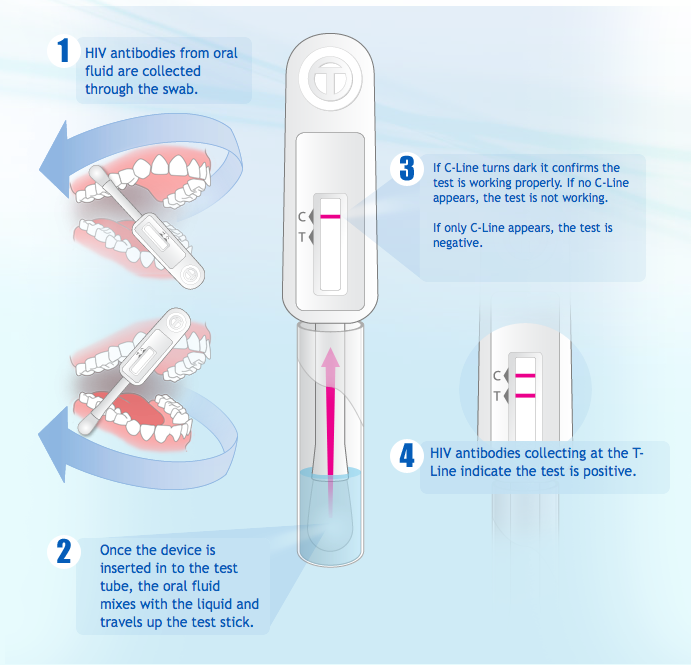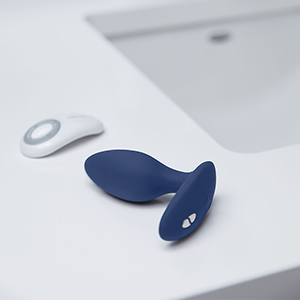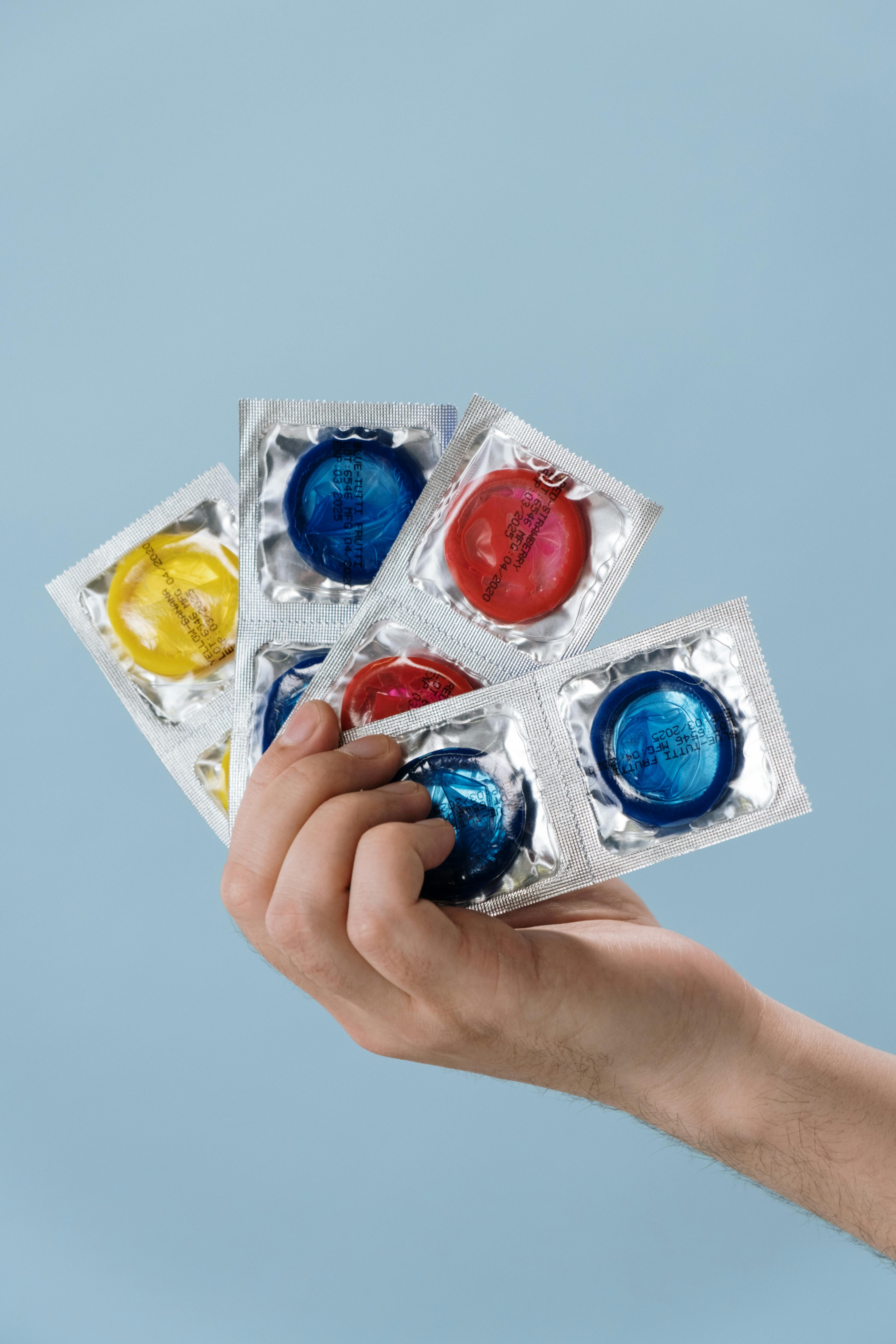Taking an STI test is the only reliable way to know whether you have a STI. If you have a STI, it's very important that it's diagnosed as soon as possible. That way:
- You can begin to get the medical care and other services that will keep you in good health.
- You’ll start taking STI medications and reduce—or even eliminate—the risk of passing the STI to somebody else during sex.
- If you’re pregnant, you can take steps to ensure your baby is born without the STI.
Whether your STI test result is positive or negative, knowing your status will help you make informed decisions about how to stay safe while having sex—especially if you know your partner's status, too.
If any of your results come back positive, remember this about STIs:
Some are curable. Most are treatable. All are manageable.
No matter what it is though—know that there is something you can do.
Here's what you need to know...
You have options, you can do the following...
- private doctors' offices, like your general physician’s office
- pharmacies
- community health centers
- sexually transmitted disease clinics
- free-standing HIV/STI counseling and testing centers, including vans/buses
- health departments
- hospitals
- special community events or social venues
- use an at home test
What you need to know about at home tests...
Pros:
-
A person who's scared about being seen in a clinic can do the test without anyone outside their home knowing about it. They may feel more comfortable doing the test alone.
-
These tests can be purchased in some stores, or ordered by phone or on the Internet, and can be an option for those who do not have transportation to local clinics, or who are home-bound due to disabilities.
-
The FDA-approved tests are as accurate as antibody tests commonly used in clinics around the country.
Cons:
-
Home testing is more expensive than going to the local health department. Testing through local health departments, and some private agencies, is free or low-cost. Home test kits can cost up to $50 or more.
-
Another issue to be dealt with is confidentiality. If a person buys a home test kit in a store, everyone in the store will know that the person is taking an HIV test. Another option would be to purchase the kits by phone or through the Internet.
-
When you order the tests (by phone or via the Internet), you must give your name and address. When you order by credit card, the charge for the test will appear on your credit card statement. Although your name is not linked to your test results, people who see your credit card statement may find out that you're being tested.
-
When taking a test at home, after you're finished taking the test, all the packaging from the kit has to be well hidden in the garbage. If a garbage man empties your garbage, and sees the test kit packaging, they'll know you took an HIV test. Also, if your garbage gets ripped open by animals, or if the garbage can gets blown open by the wind (and gets blown all over your neighborhood), your neighbors can also know you've been tested. So for people taking the home test, I say "hide your garbage!"
-
In some home test kit, a person has a test ID card that is used to identify the specimen by number. Anyone who has the number can get the test result over the phone. The person who is being tested has to make sure that nobody else sees the card. Otherwise, any person who sees the card or the number can get that other person's test results. So it's important that a person getting tested at home doesn't leave the ID number lying around the house, where other members of the household can see it. This differs dramatically from testing through the health department. To ensure confidentiality, health departments will usually not give test results over the phone or by mail. Test results through the health department are usually given in person.
-
Getting test results over the phone can be hard to deal with, especially if the test is positive. A person can just hang up and never hear all the counseling and information they need to hear. For this reason test counseling is best done face-to-face, and is most effective this way.
-
Using home testing, if a person is positive, there is no way to do partner notification (anonymously helping a person's sex/needle-sharing partners know they've been exposed). Partner notification is routinely done by local health departments around the country for HIV and other STDs. Home testing bypasses this important, and proven, preventive health measure.
For more information about free testing centers near you (US residents) visit:
Get Tested | National HIV, STD, and Hepatitis Testing (cdc.gov)





